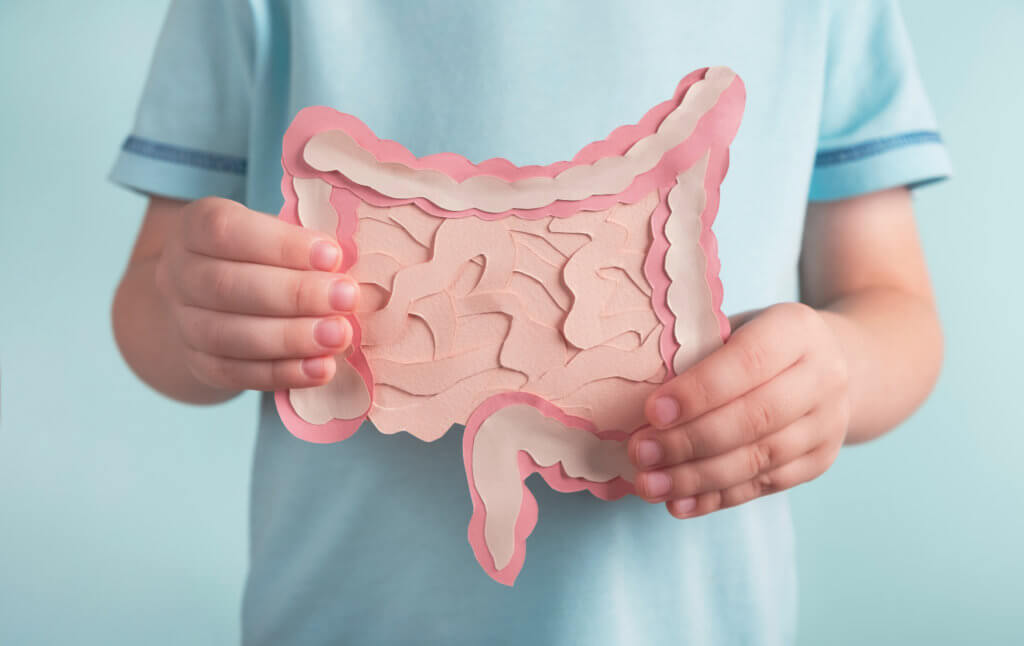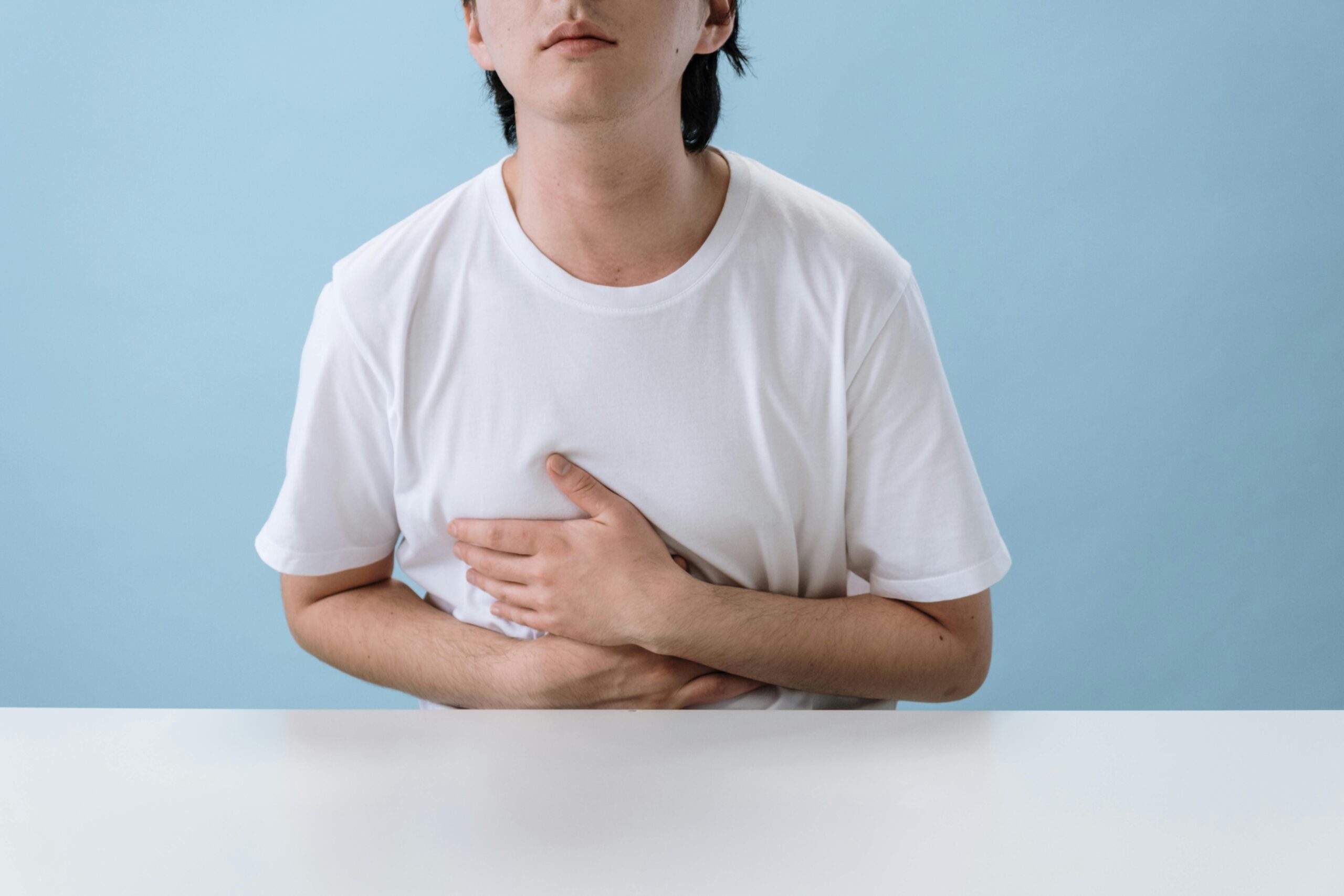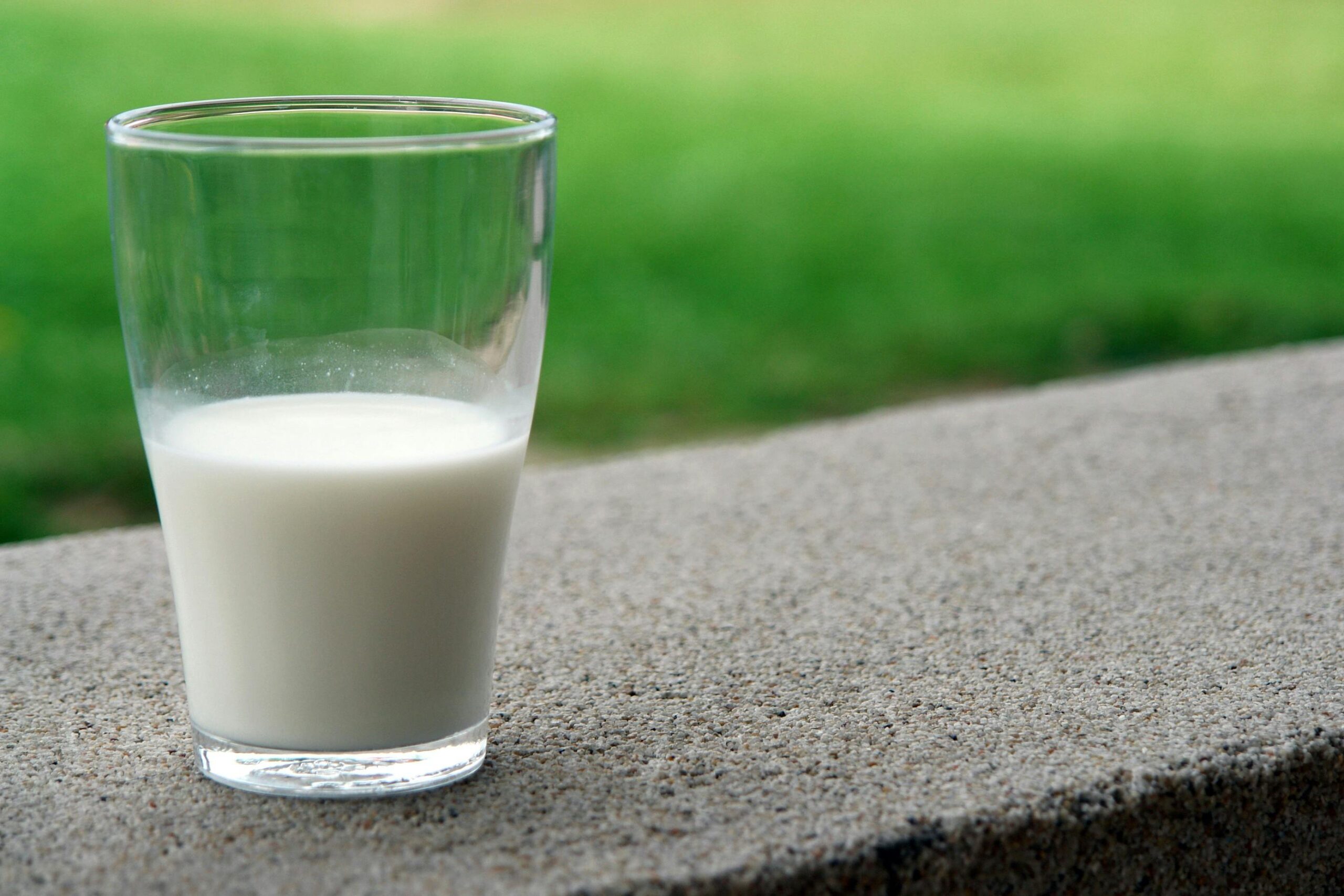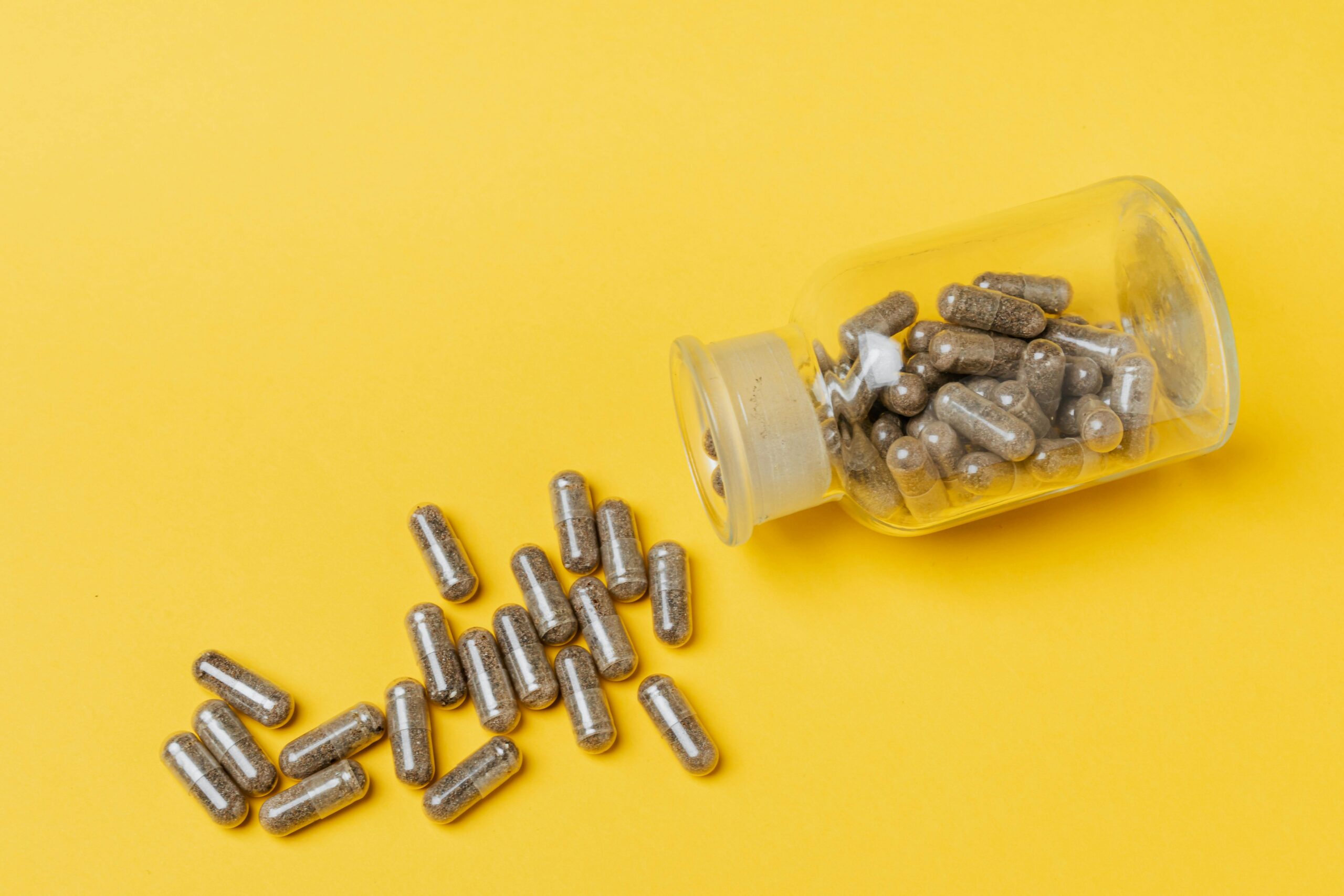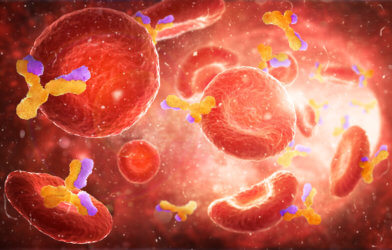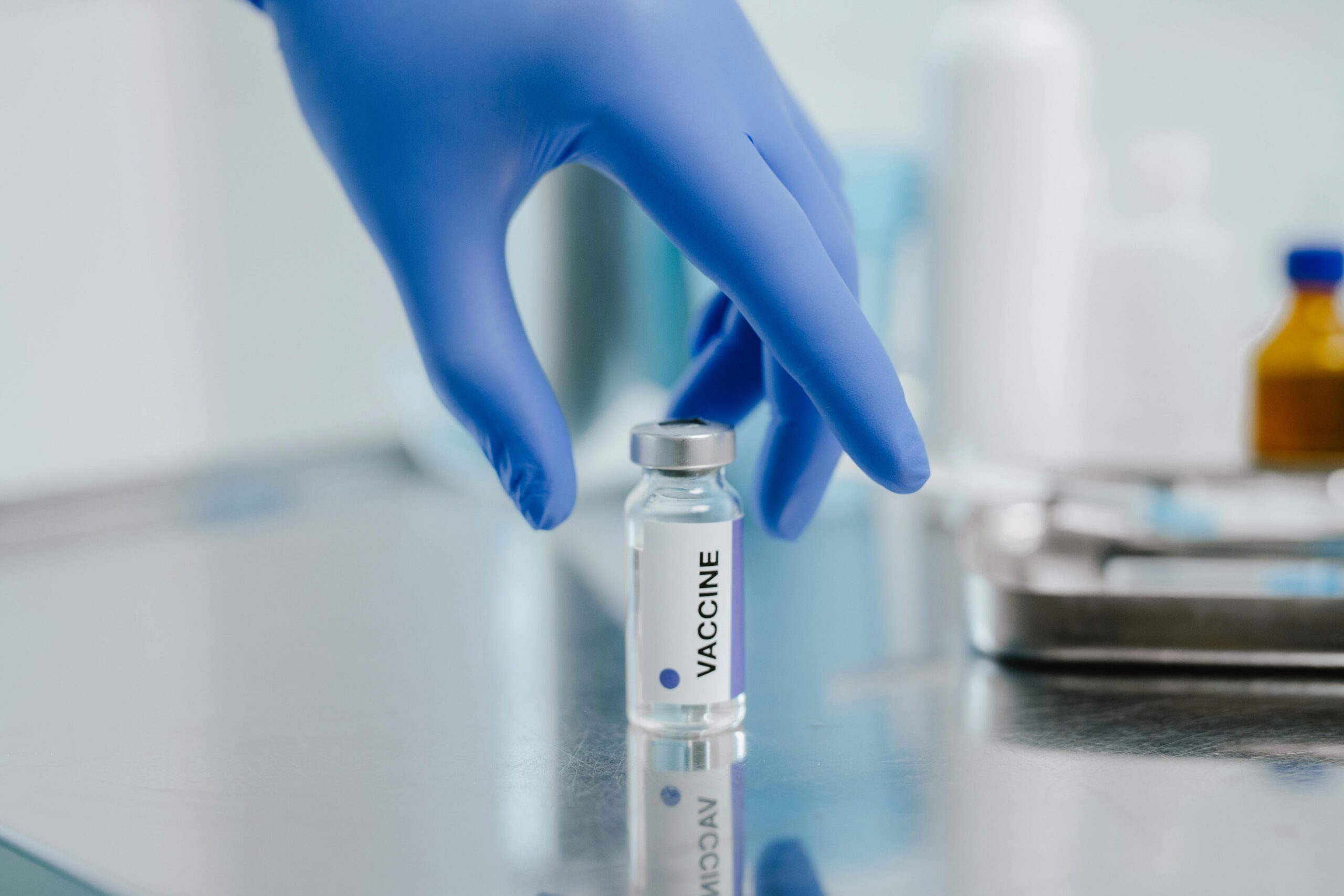“Happiness: a good bank account, a good cook, and a good digestion.” For this quote we can thank Jean-Jacques Rousseau (1712-1778), philosopher, political activist, writer, and composer. There is no time in history when digestion has not been regarded as foundational to wellbeing.
Bile acids, manufactured by the liver, are well known for their ability to dissolve fat and vitamins. New studies from the Harvard Medical School (HMS) have revealed that bile acids also regulate key immune cells. This is seen in inflammatory bowel diseases (IBD) such as Crohn’s disease and ulcerative colitis.
The roles of bile acids on mouse-gut immunity were reported in 2020, but there are additional questions. By what mechanism do bile acids activate gut immune cells to perform their immune regulatory work? Next, what are the bacteria and their corresponding bacterial enzymes that produce these bile acids? Is it known if these bile acids play a role in human intestinal inflammation?
Two studies, led by Sloan Devlin, assistant professor of biological chemistry and molecular pharmacology at Harvard Medical School, and Jun Huh, associate professor of immunology, also at Harvard Medical School, provide answers to these questions.
The studies identify three bile acid metabolites with corresponding bacterial genes that affect inflammation-regulating immune cells. The presence and activity of these bacteria and the immune molecules they produce are significantly reduced in patients with IBD.
“We carry trillions of bacteria in and on our bodies, and a growing body of research indicates that gut bacteria can affect host immune responses,” Huh explains in a statement. “Our findings provide a novel mechanistic insight into how these bacteria work to mediate immune regulation in the gut.”
The findings bring scientists a step closer to developing small-molecule treatments and live bacterial therapeutics that regulate intestinal inflammation.
“All three molecules and the bacterial genes that we discovered that produce these molecules are reduced in patients with IBD,” Devlin says. “Restoring the presence of either the compounds or the bacteria that make them offers a possible therapeutic avenue to treat a range of inflammatory diseases marked by these deficiencies and affecting millions of people worldwide.”
A word of encouragement when making food choices: Nothing tastes as good as healthy feels. – Anonymous
The first study is published in the journal Nature, the second in Cell Host & Microbe.
